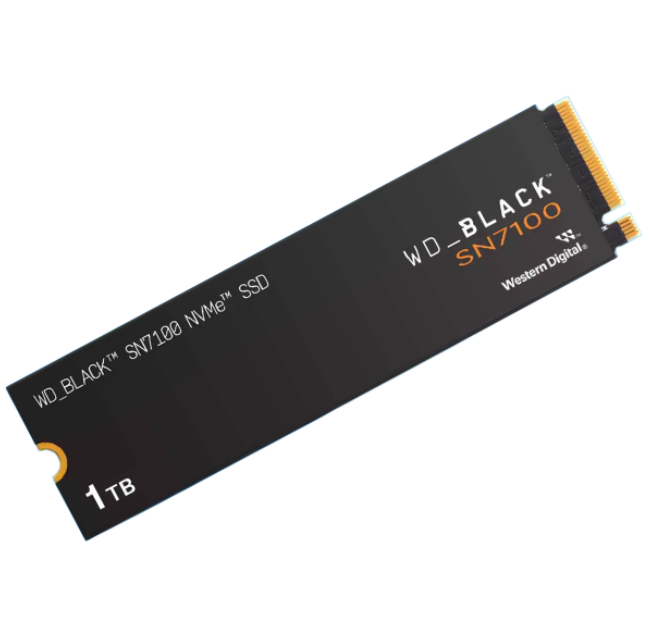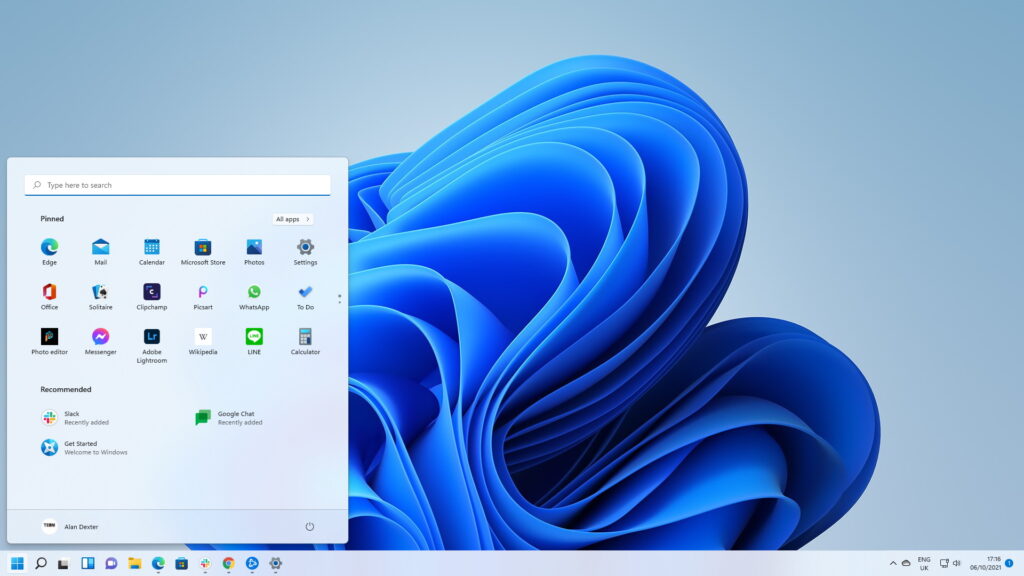Is a Windows 11 24H2 update nuking SSDs and HDDs? That’s the startling claim reported by Neowin. Specifically, it’s the KB5063878 update that’s said to be to blame for “storage failures that cause drives to disappear, making them and their corresponding SMART (Self-Monitoring, Analysis and Reporting Technology) unreadable by the OS.”
The report, based on a post by X user Necoru_cat, claims that “Phison NAND controllers are relatively prone to issues, with DRAM-less models from the same company tending to exhibit issues at lower write volumes.”
That’s been enough to have Phison release a statement. “Phison has recently been made aware of the industry-wide effects of the ‘KB5063878’ and ‘KB5062660’ updates on Windows 11 that potentially impacted several storage devices, including some supported by Phison. We understand the disruption this may have caused and promptly engaged industry stakeholders.
“We are steadfast in our commitment to product integrity and the success of our partners and end users. At this time, the controllers that may have been affected are under review, and we are working with partners. We will continue to provide updates and advisories to partners who may have been impacted to provide support and ensure any applicable remediation,” the SSD controller specialist said.
A number of drives from different manufacturers are said to be impacted, including the WD Blue SN5000, Corsair MP510 and MP600, and SK Hynix Platinum P41. So, what is actually going on?
The X post claims that the problems can occur after the the update and during “heavy write operations to specific storage”, with suspected culprits including, “the operation of the drive cache” and “a memory leak in Windows’ OS-buffered cache region” and the consequence being a, “high likelihood of file corruption when symptoms occur.”
But, at this point, it’s hard to be totally sure. A busy Reddit thread discussing the reported issue is very much split on opinion and experiences. Anecdotally, the update seems to be causing drive issues with a large number of users. By way of example, one poster said, “Updated my windows 11 yesterday. I had the same issue while updating. It restarted and no SSD was being seen after that. I thought I lost it completely. Tried checking the bios and found that it doesn’t recognise the SSD anymore. But after sometime, when I restarted it came back miraculously.”
On the other hand, the hardware could just be at fault. SSDs and HDDs do die all on their own account, and it happens often enough that it would hardly be an extraordinary coincidence if that occurred and around the same time as a Windows update.
Actually, the insufferable frequency of Windows Update means that you could scarcely hope to have a drive failure that didn’t happen in fairly close proximity. So, there’s a high risk of correlation without causation. Still, I’d personally be tempted to hold off on KB5063878 for at least the time being, especially if you have any of the implicated drives on the list, and see how this all shakes out over the next few weeks.

Best SSD for gaming 2025

